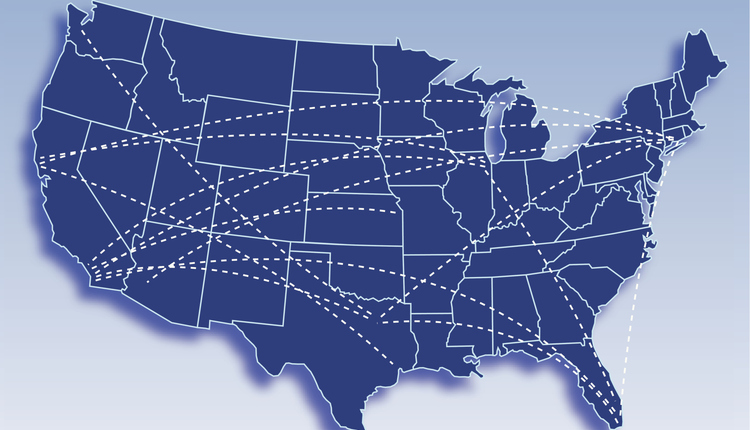WASHINGTON - The U.S. Postal Service today announced its decision to appeal the Sept. 30 ruling of the Postal Regulatory Commission denying the Postal Service exigent price request.
The Postal Service Governors' decision means that a petition will be filed in the United States Court of Appeals for the District of Columbia Circuit, seeking a review of the PRC's interpretation of the law that governs how prices can be set under extraordinary and exceptional circumstances.
The Postal Service position is that the PRC misread the statute and applied an incorrect standard in evaluating the request for an exigent price increase.
"We have a fundamental disagreement with the PRC's interpretation of the law," said Postmaster General John E. Potter. "This action is an investment in our future. We need to understand and define the rules under the current law should the Postal Service find itself in a similar situation in the future."
The Postal Service also asks the Court of Appeals to confirm the Postal Service right to pursue the exigent price increase as originally requested of the PRC.
It is expected that the Court of Appeals will ask for briefs from both the Postal Service and the PRC. Oral arguments also may be scheduled by the court once the petition challenging the PRC ruling is filed.
The Postal Service continues to evaluate other options to address the PRC's ruling. The exigent price request would have generated about $2.3 billion in much needed revenue for the first nine months of calendar year 2011.
Filing for an exigent price change was the one tool the Postal Service had to use within the confines of the law to help address the impact the recession had on the its financial situation. But pricing is only one of a suite of solutions to address the dire financial situation the Postal Service faces. The long-term financial viability of the Postal Service will remain questionable unless the March 2 action plan is fulfilled.
A quick and timely resolution of the appeal is an important part of the Postal Service plan.
The Postal Service receives no tax dollars for operating expenses, and relies on the sale of products and services to fund its operations.
The Postal Service Governors' decision means that a petition will be filed in the United States Court of Appeals for the District of Columbia Circuit, seeking a review of the PRC's interpretation of the law that governs how prices can be set under extraordinary and exceptional circumstances.
The Postal Service position is that the PRC misread the statute and applied an incorrect standard in evaluating the request for an exigent price increase.
"We have a fundamental disagreement with the PRC's interpretation of the law," said Postmaster General John E. Potter. "This action is an investment in our future. We need to understand and define the rules under the current law should the Postal Service find itself in a similar situation in the future."
The Postal Service also asks the Court of Appeals to confirm the Postal Service right to pursue the exigent price increase as originally requested of the PRC.
It is expected that the Court of Appeals will ask for briefs from both the Postal Service and the PRC. Oral arguments also may be scheduled by the court once the petition challenging the PRC ruling is filed.
The Postal Service continues to evaluate other options to address the PRC's ruling. The exigent price request would have generated about $2.3 billion in much needed revenue for the first nine months of calendar year 2011.
Filing for an exigent price change was the one tool the Postal Service had to use within the confines of the law to help address the impact the recession had on the its financial situation. But pricing is only one of a suite of solutions to address the dire financial situation the Postal Service faces. The long-term financial viability of the Postal Service will remain questionable unless the March 2 action plan is fulfilled.
A quick and timely resolution of the appeal is an important part of the Postal Service plan.
The Postal Service receives no tax dollars for operating expenses, and relies on the sale of products and services to fund its operations.


